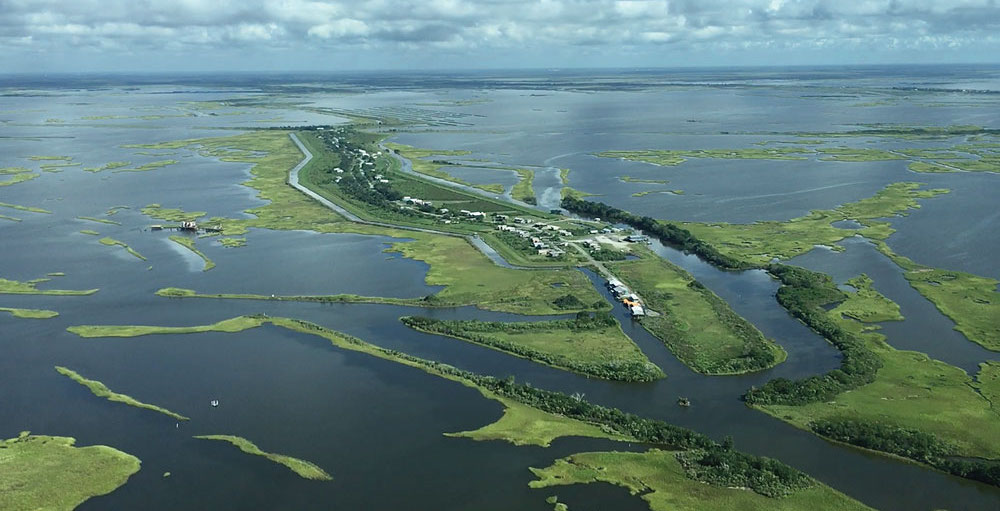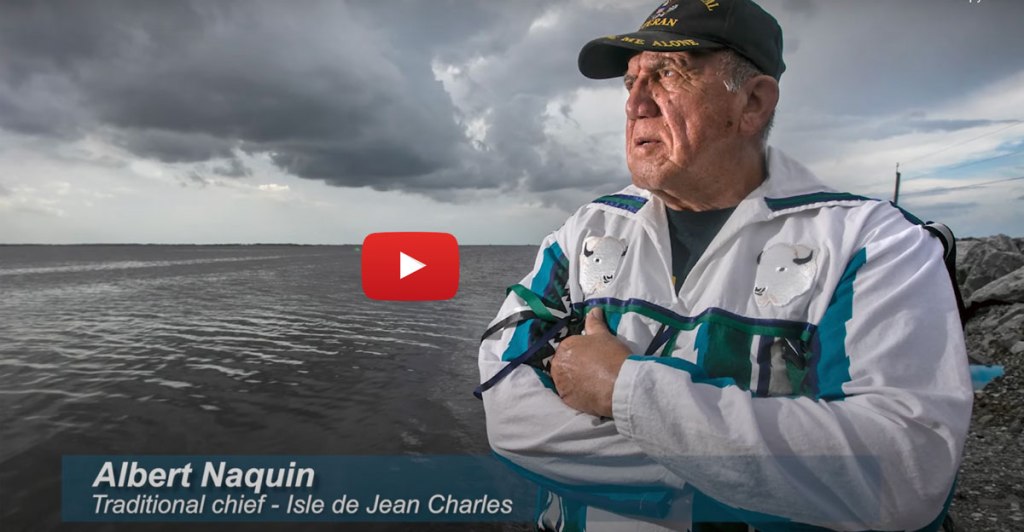Global Warming: a very passive title to address a very lethal problem.
Example: It is getting a little warm outside, nothing to worry about.
Climate Change: a perfect setup to generate perfect rebukes.
Example: The climate is always changing. climate is just doing what climate has always done and human activity has nothing to do with it.
Climate Crisis: a very selective term. It is only a crisis for the people immediately affected. Also falls into the maligned category of ¨alarmist¨
The term I adopted:
Climate Alteration: A very pointed terminology to address the impact human activity is having on the global climate. Our activities are altering climate systems on a global scale causing extreme weather events. Yes, temperatures on average across the globe are rising and this disturbance is causing extreme temperatures (hot and cold) extreme drought, extreme flooding, and extreme storms. The rise in global temperature has upset the balance. This alteration has been building up slowly as the oceans absorbed most of the extra heat. But now, plain to see for everyone paying attention to weather-related news or looking out their own windows, extreme weather is pushing organisms and plants to extinction. Our crops are being destroyed. The range of many insects, birds, and animals has shifted.
Here on this thread are the thousands of articles, references, and comments that illustrate Climate Alteration. We have documented how some are being innovative in developing mitigation strategies. Some are also being manipulative and stupid and we are intelligent enough to research and decide for our communities what we need to do if our governments do not act.
As animals and plants are forced to shift their range because of extremes in weather, so do people.

By now, you’re likely well aware of the climate crisis and its significant dangers to Indigenous communities the world over. The problem is especially magnified on islands and in coastal regions, where sea level rise can wipe away traditional homelands and make climate refugees of those who have been displaced. That’s true even right here on Turtle Island, where hundreds of Native communities — in South Dakota, Alaska, Florida, Hawai’i, Washington, and Louisiana — face existential threats.
And now, the first community to supposedly be moved from harm’s way — the Jean Charles Choctaw Nation — is facing a new set of problems. Just before the new year, the tribe filed a landmark civil rights complaint with the U.S. Department of Housing and Urban Development (HUD) against the state of Louisiana. In 2016, HUD granted Louisiana $48 million in aid to resettle the tribe. But, its complaint asserts, Louisiana failed to properly implement the grant and has ethnically and racially discriminated, violated tribal sovereignty, excluded cultural components central to a proper relocation program, and provided poor replacement housing.

The Jean Charles Chactaw Nation has always lived here, on the Isle de Jean Charles. The climate crisis and resultant rising sea levels have endangered the tribe’s homeland and forced many members to move to inadequate replacement housing in a new location. Photo credit: Chantel Comerdelle.
The Jean Charles Choctaw Nation has resided on the Isle de Jean Charles for five generations, since the ancestors of its citizens escaped the Trail of Tears in the early 1830s amid President Andrew Jackson’s Indian Removal Act. Its homelands and burial grounds are located in a region facing perpetual devastation and erosion by storms and sea level rise. Since 1955, the Jean Charles Choctaw Nation has lost over 98 percent of its lands to the encroaching ocean.
It’s also worth noting that the tribe is located in Terrebonne Parish, a region notorious for oil extraction, high pollution rates, and environmental justice violations. The Parish and over 90 percent of its property are largely controlled by non-local fossil fuel and chemical companies. The infamous “Cancer Alley” is just upstream.

Watch this short documentary detailing the tribe’s relocation.
By filing its complaint with HUD, the Jean Charles Choctaw Nation is looking to the federal agency to investigate the grant-funded resettlement program, currently run by Louisiana’s Office of Community Development (OCD). The tribe hopes HUD will order OCD to respect tribal needs and authority as the program’s implementation proceeds.
The lawsuit is also significant in that, while the tribe has state recognition from Louisiana, it does not have federal recognition, which would extend access to more grants, disaster assistance, and various legal powers — including constitutional protections and self-governance recognized by the United States. Lakota Law will keep an eye on this case and report back to you. As always, we’re grateful to you for standing in solidarity with every community of color on the frontlines of environmental justice.
Wopila tanka — thank you for your unwavering dedication!
Chase Iron Eyes
Director and Lead Counsel
The Lakota People’s Law Project
